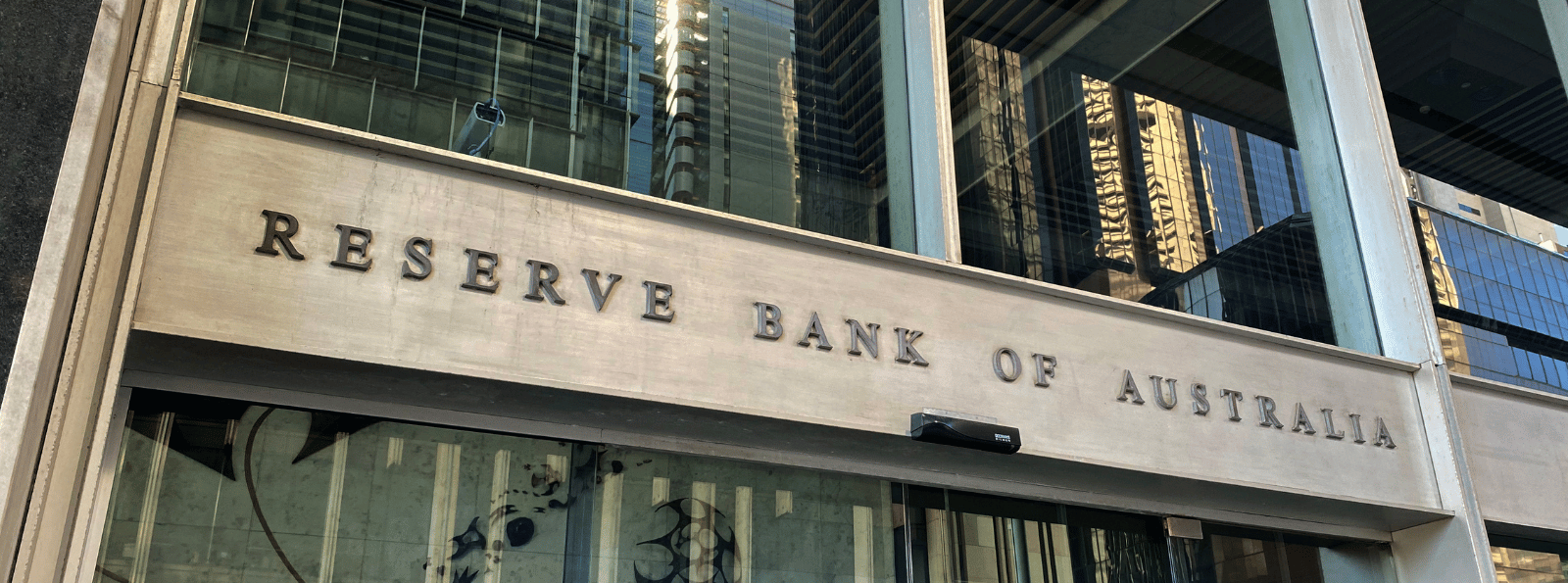“The RBA talks a big game but has the walk of the lame,” says GSFM
The Reserve Bank of Australia finishes 2022 with its hard-won reputation battered and bruised by a ham-fisted approach to policy over the last couple of years.
So says Stephen Miller, investment strategist with asset manager GSFM, who also alludes to the intense scrutiny of the RBA’s “communication missteps” in relation to its policies.
The RBA Governor Philip Lowe last month took the unprecedented step of issuing an apology to Australians “induced” into taking out mortgages based on his commentary in 2021. Throughout that year, Lowe repeatedly said conditions, including higher wages and tight labour markets, weren’t such that rate rises were expected “until 2024 at the earliest.”
.png)
“Well, I’m certainly sorry if people listen to what we’d said and then acted on ... what we said, and now regret what they have done,” Dr Lowe said last month in an appearance before the Senate Economics Committee.
“I’m certainly sorry if people listen to what we’d said and then acted on that.”
But rather than focusing on these and other examples of flawed policy communication, GSFM’s Stephen Miller believes the RBA’s underappreciation of the persistence and magnitude of inflation is a more pressing problem.
Miller suggests the RBA has failed to learn not only from policy lessons of the 1970s but also from more recent policy errors of other developed nations, such as the UK and Europe.
“The revelation in the minutes of the December RBA Board meeting – that a pause in increasing the policy rate was on the table – reinforces that notion,” he says.
“It also raises the question as to whether the policy optionality pendulum has swung too far from the straitjacket of ‘no increase in the policy rate before 2024’ to one that is so wide that it becomes meaningless. And while the RBA ‘talks the talk’ on inflation it has the walk of the lame.”
Australia’s cash rate versus developed world peers
- Policy rate in Australia: 3.1%,
- The US Federal Reserve: 4.5%,
- Bank of Canada: 4.25%
- Reserve Bank of New Zealand: 4.25%
- Bank of England: 3.5%.
“Only the European Central Bank – which only abandoned pandemic ‘emergency’ settings in June – will finish 2023 with a lower policy rate of 2.5% and even it has made a forceful statement of future aggressive action,” says Miller.
He believes the RBA is consciously eking out a different path.
Why the RBA treads carefully
Miller suggests some of the RBA's caution is partly due to a belief in “Australian exceptionalism.” This refers to the notion that Australia’s wage and inflation circumstances are “different” or somehow less challenging than in other developed nations.
“But the evidence for such “exceptionalism” is scant,” he says.
“Indeed, well-intentioned but fundamentally flawed changes to the regulatory environment, particularly in relation to the wage-setting framework, run the risk of entrenching higher inflation in Australia compared to elsewhere,” Miller says.
He points to the acceleration in wage growth as another indicator, as shown by high-frequency data such as the National Australia Bank monthly business survey. This continues to indicate considerable wage and price momentum as the end of 2023 approaches.
“It now looks likely that the RBA forecasts for inflation and wage growth will be exceeded again, underscoring the aforementioned lack of appreciation of inflation on the part of the RBA,” says Miller.
He believes Federal Treasurer Jim Chalmers was correct in saying increases so far have had little impact on RBA decision-making.
“What he omitted to say was that wage growth will most likely assume an increasing importance in RBA decision-making in the future – and in a way that means the RBA may need to hike the policy rate beyond the current market-expected peak of 3.6%,” says Miller.
“The RBA has defended its comparative caution by warning against “scorching the earth” to get inflation down, implying a more aggressive approach involves outsized costs in terms of activity and employment.”
Lessons of the ‘70s
Miller also draws on the US Fed Chairman Jerome Powell’s recent comments about inflation. Powell emphasised in his most recent comments that the bigger risk lies in central banks failing to take the necessary steps to rein in inflation – rather than the threat of going too hard.
“The key risk with the RBA approach is that it admits the possibility of the emergence of the sort of inflation inertia that was last experienced on a global scale in the late ‘70s / early ‘80s,” Miller says.
“As the RBA governor has noted, the path to returning inflation to the 2% to 3% target and keeping the economy on an even keel is a narrow one.”
Never miss an insight
Enjoy this wire? Hit the 'like' button to let us know. Stay up to date with my content by hitting the 'follow' button below and you'll be notified every time I post a wire.
Not already a Livewire member? Sign up today to get free access to investment ideas and strategies from Australia’s leading investors. And while I ask the questions of some of Australia’s best strategists, economists and portfolio managers, if you’ve questions of your own, flick me an email on content@livewiremarkets.com.
3 topics

